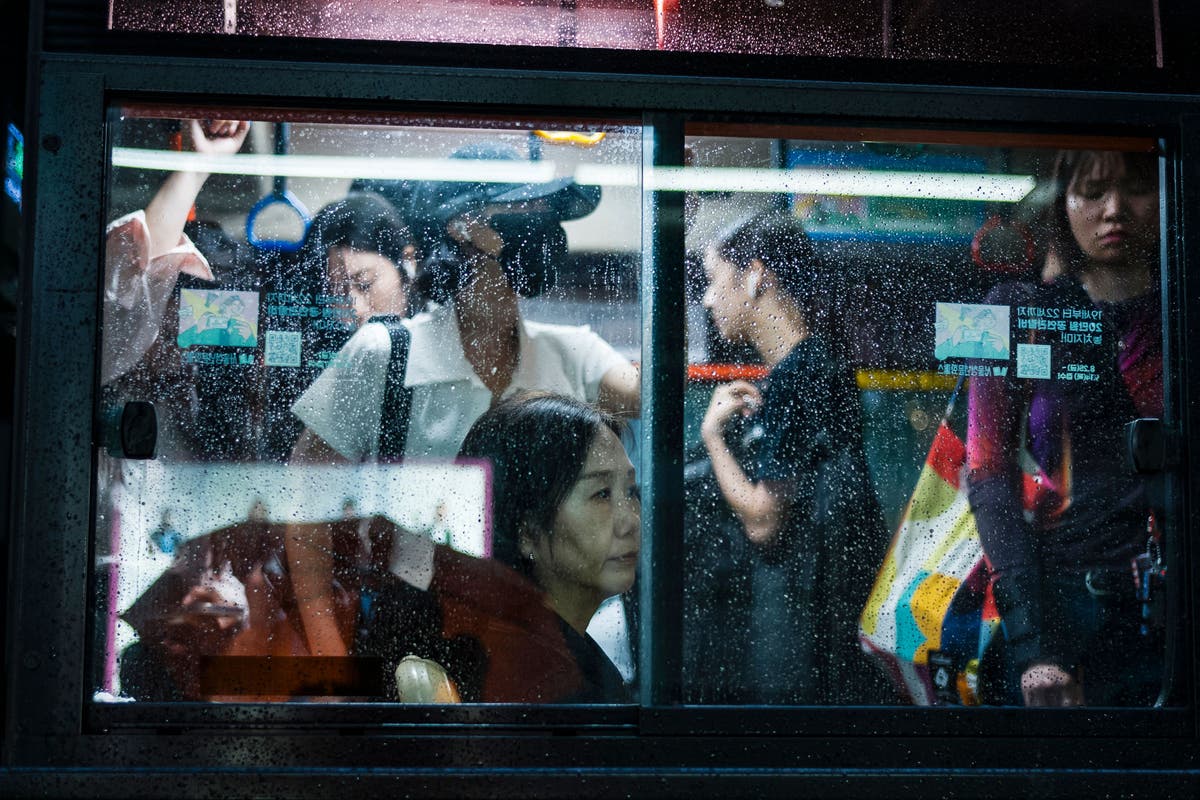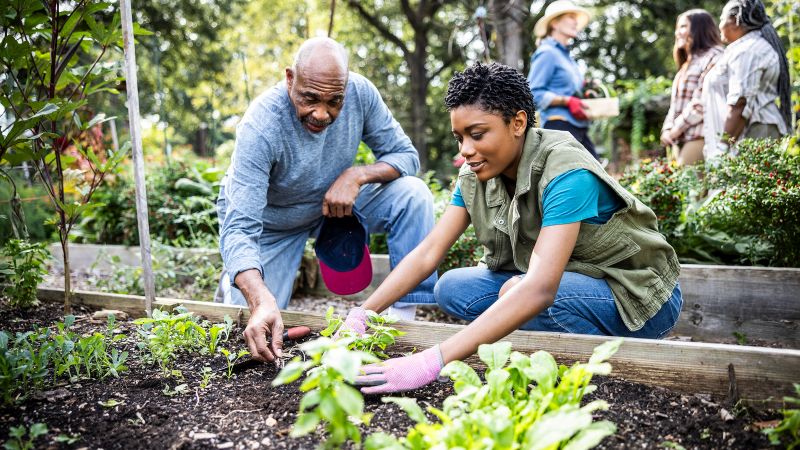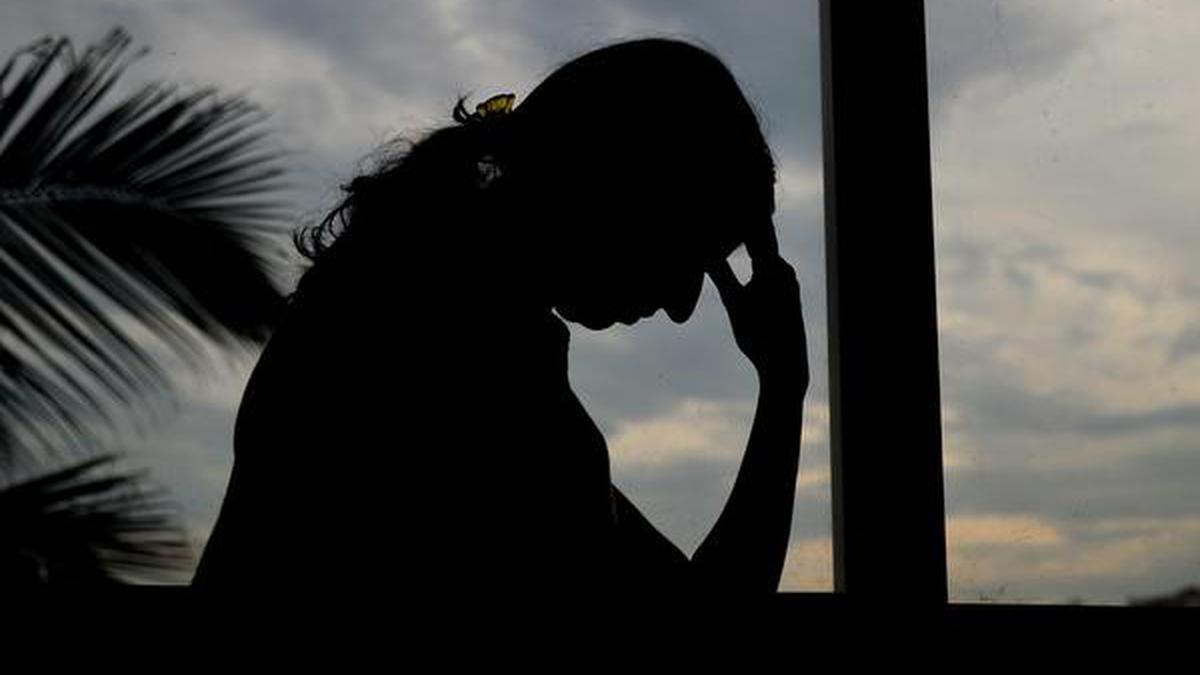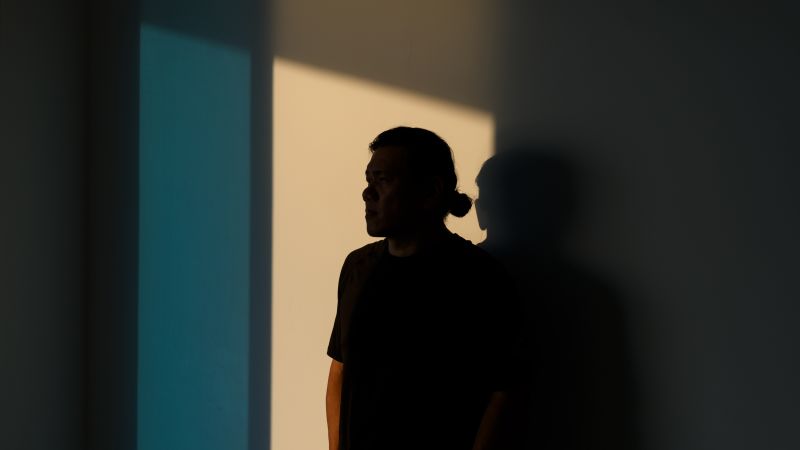
Why Indians feel lonely in a crowded country
The HinduManasvi Khandelwal talks about the loneliness that has stayed with her for a few months now, ever since she moved to Atlanta, the United States, after her wedding. “People tell me to meditate, read a book, find a hobby, volunteer, adopt a pet,” he says, listing the world’s band-aid ‘solutions’ to deep problems, which often discount the core reasons behind loneliness. In 2020 ‘A systematic review of loneliness in bereavement: Current research and future directions’ published in the journal Current Opinion in Psychology, concluded that “…loneliness is a core, perhaps even pivotal, experience associated with grief, one that is linked to some extreme difficulties in adjusting to the loss of a close person, one that merits development of targeted interventions.” While Dr. Kulkarni does suggest some common-sensical preliminary measures such as reaching out to family and friends, joining local groups of classes, volunteering, spending time outdoors and exercising, he is univocally clear about reaching out to a mental health professional. “The LGBT community is increasingly feeling isolated and lonely due to lower social ties and lower levels of social integration,” says Dr. Kulkarni, adding that people who have experienced physical and or sexual abuse are likely to feel lonely, as are those who are already dealing with mental health problems such as substance misuse, depression, bipolar disorder, and dementia. “Loneliness is associated with many psychiatric disorders, such as depression, sleep disorders, personality disorders, and Alzheimer’s disease,” says Dr. Kulkarni, adding that chronic loneliness can also turn on genes that cause inflammation.
History of this topic

Loneliness is not 'just a first world problem': Why and how widespread is loneliness
Hindustan Times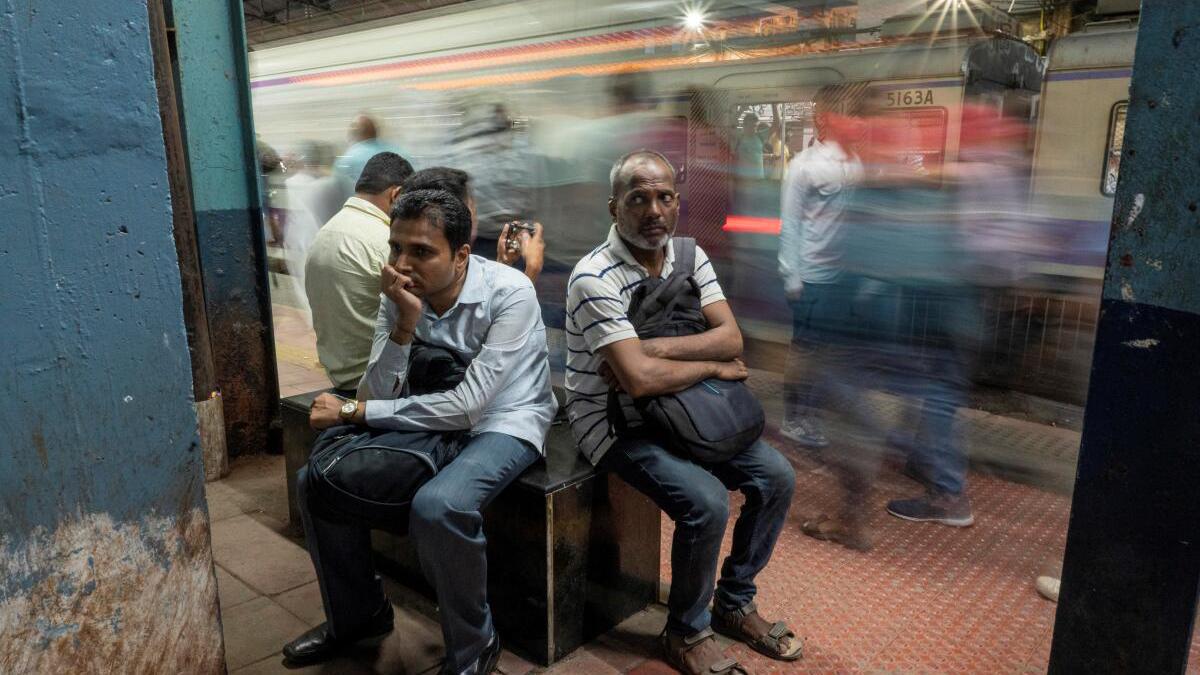
India’s loneliness epidemic | Explained
The Hindu
Only the lonely know the way I feel'
Deccan Chronicle
How lonely are you?
Live Mint
Patralekha Chatterjee | Loneliness is the hidden pandemic in Covid times
Deccan Chronicle
Op-Ed: We’re in the midst of a global loneliness crisis. Here’s how we can end it
LA Times
I fear a loneliness epidemic among young people – here’s how we can help stop it
The IndependentDiscover Related

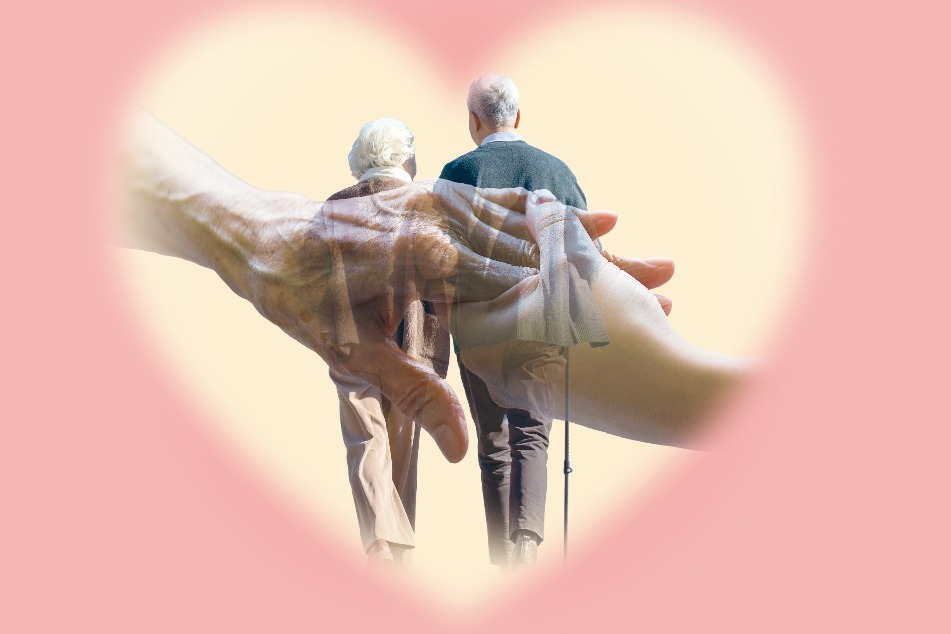



)

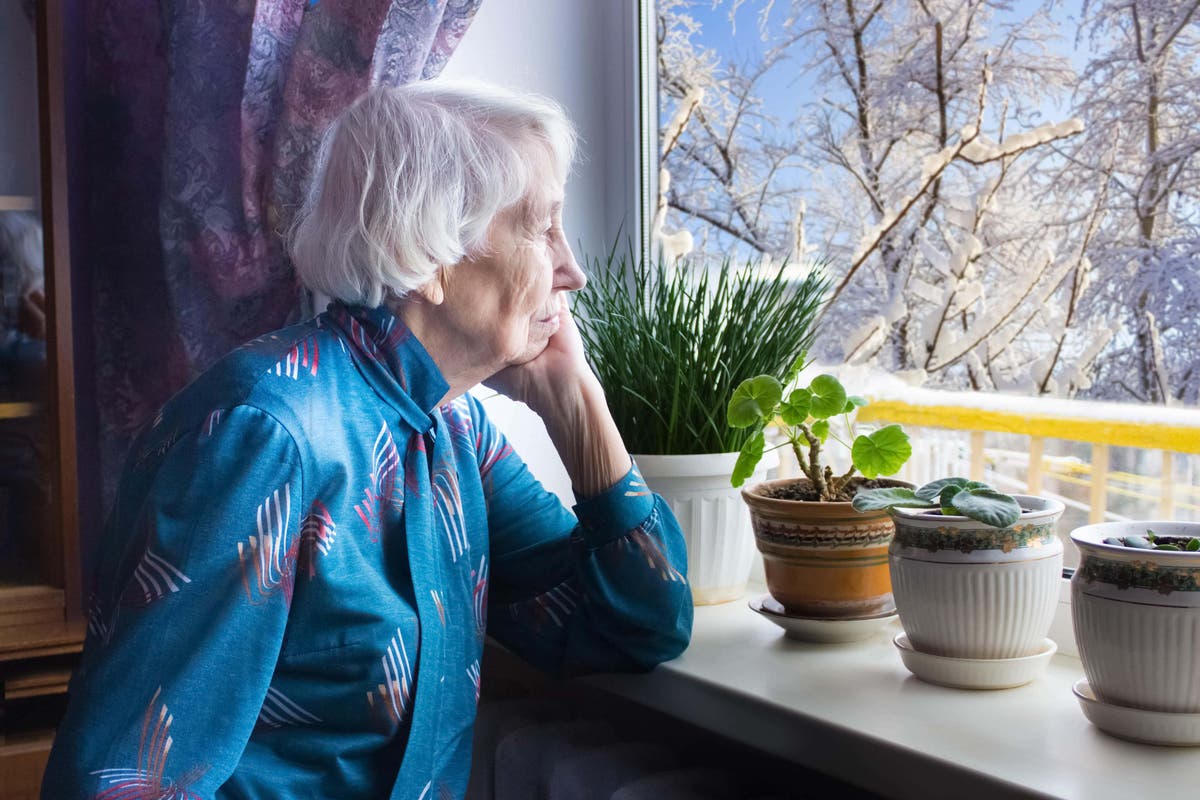
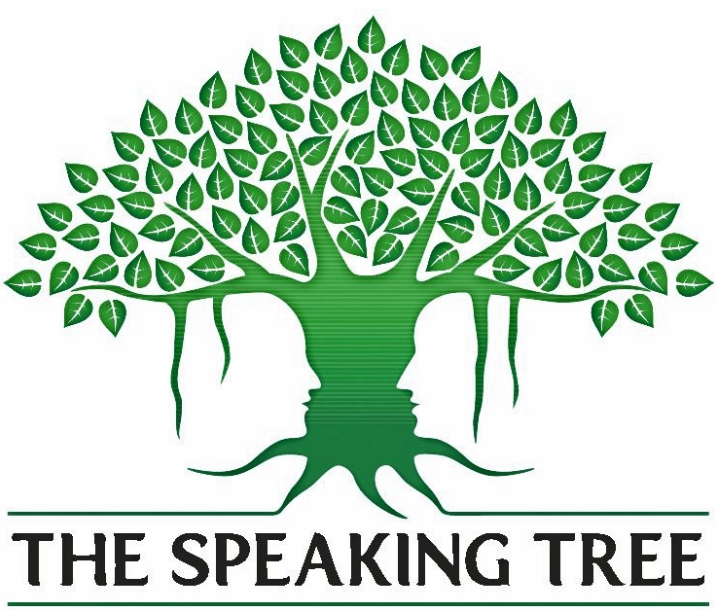


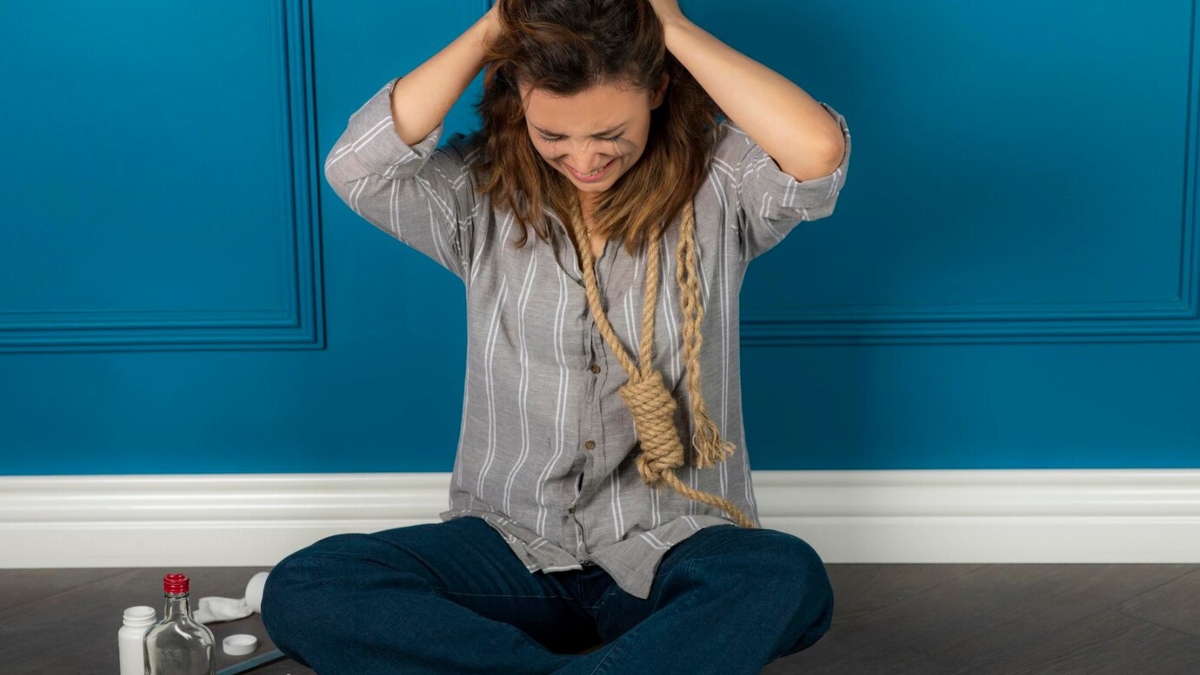

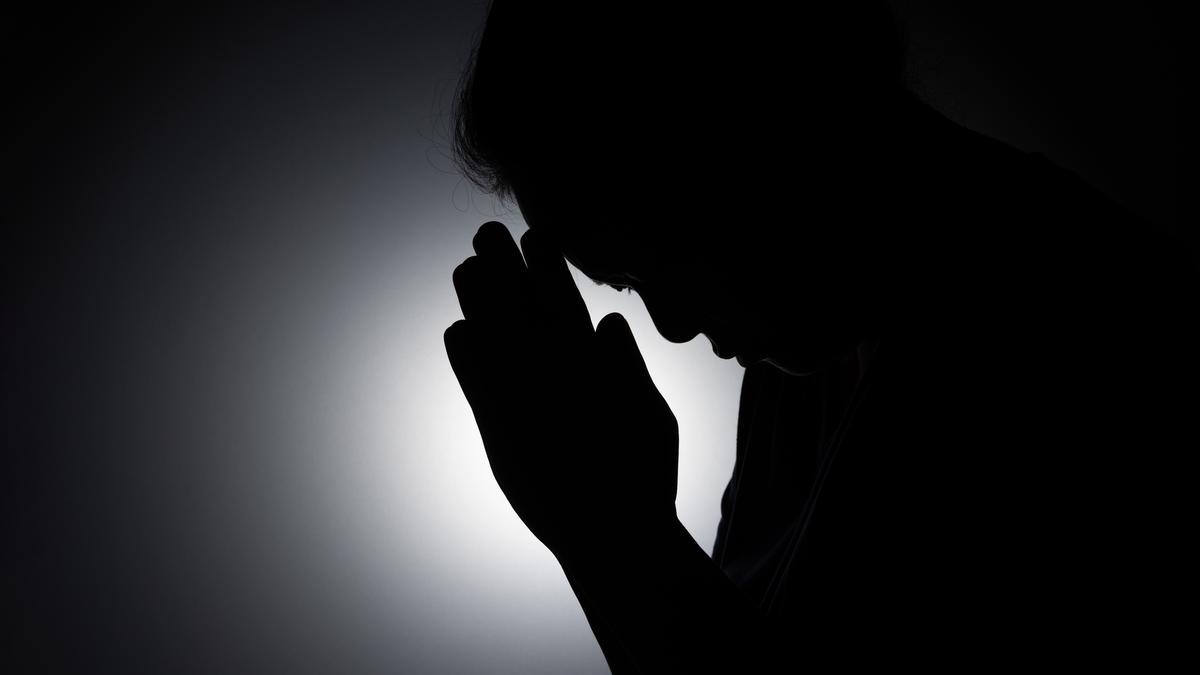

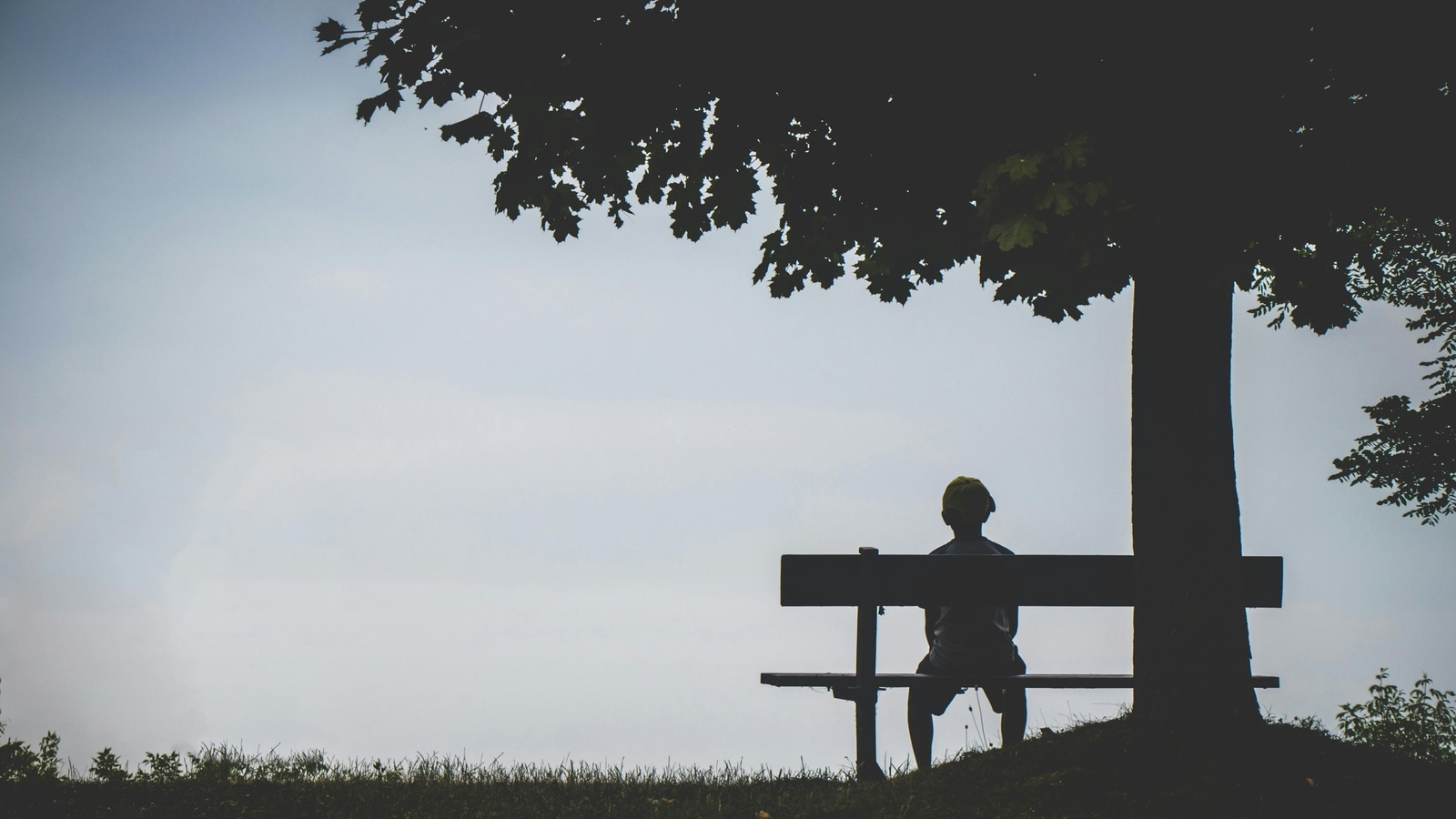




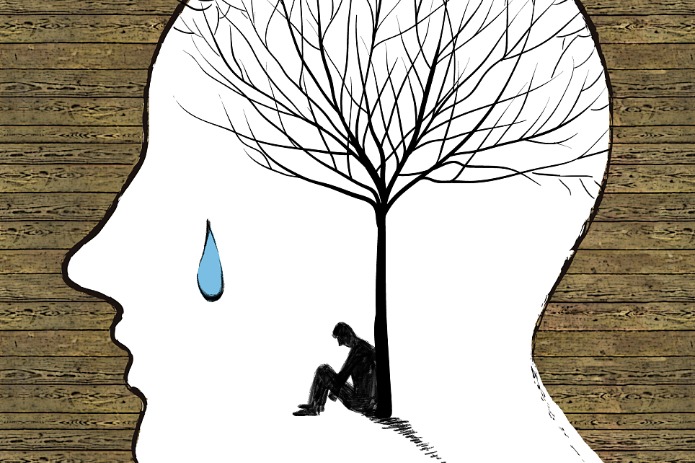

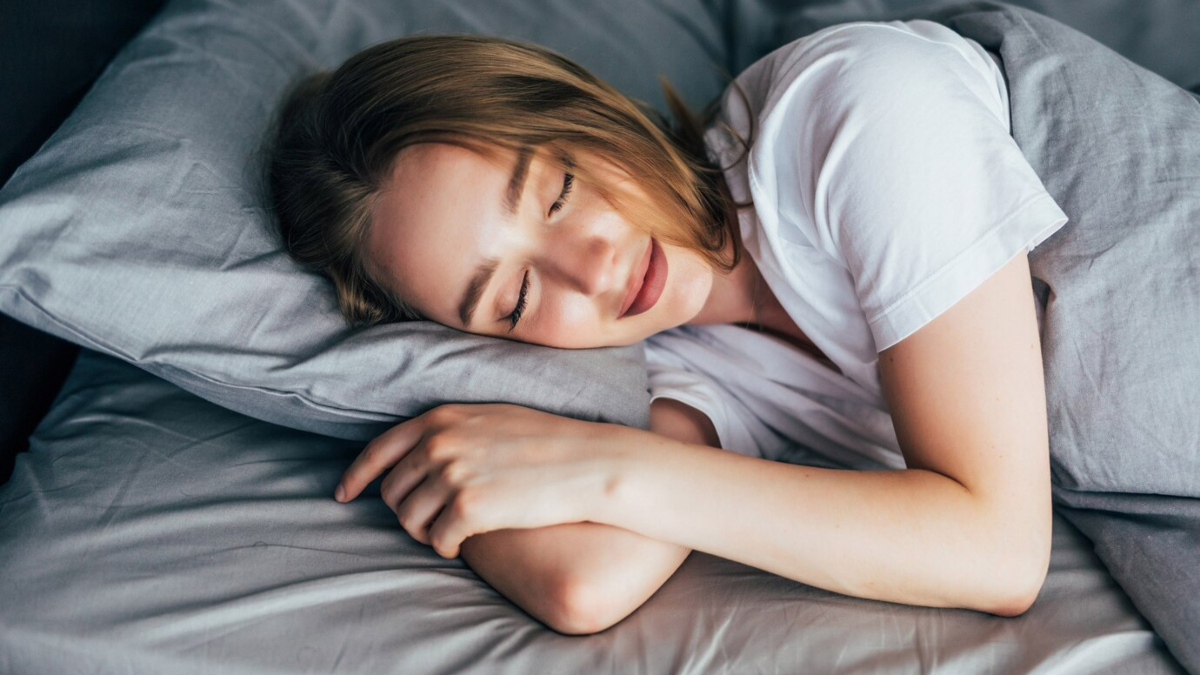








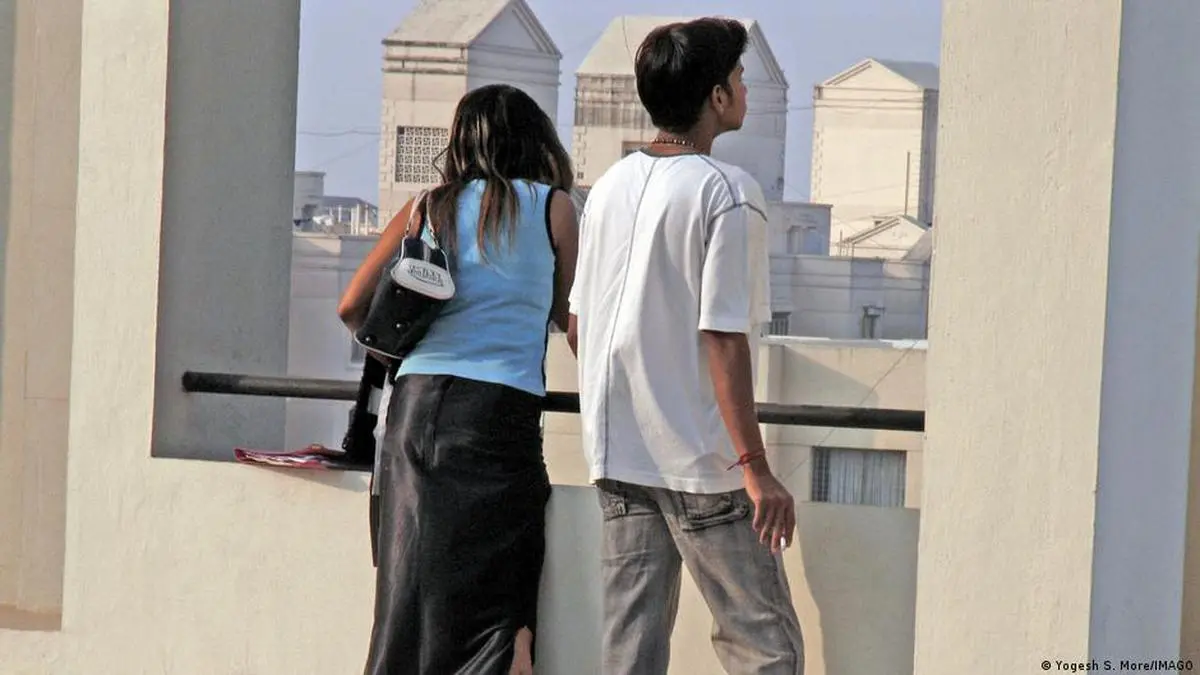



)
